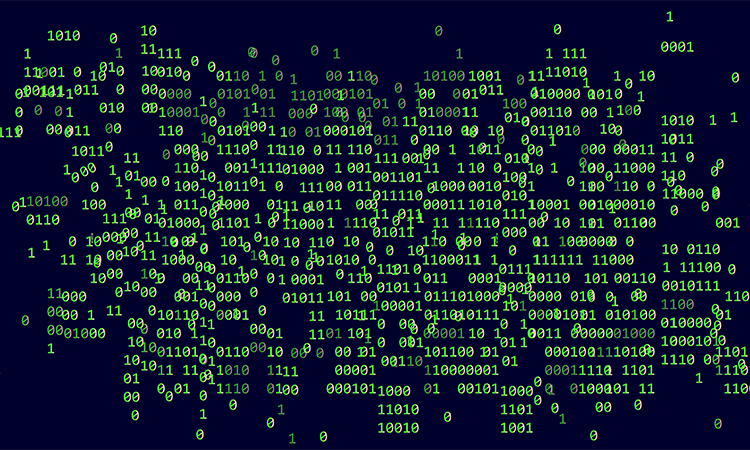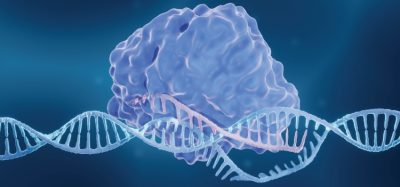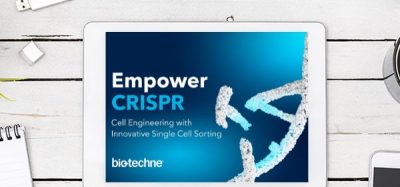New scientist at Rockefeller University plans to unlock vast chemical spaces for drug discovery using algorithms
Posted: 26 September 2022 | Ria Kakkad (Drug Target Review) | No comments yet
Jiankun Lyu hopes to use algorithms to find improved drugs by screening chemicals that may look different to a protein’s known ligands but work in a similar way.

Jiankun (JK) Lyu, the newest addition to Rockefeller University, US is a computational chemist who develops algorithms aiming to find the elusive molecules that bind to a given receptor and make it possible to expand the search to libraries of millions to billions of molecules.
The ability of a molecule to dock itself into a protein’s deep cavities depends on its structure and chemical properties. Increasingly, researchers use computational tools and specialised software to analyse the properties of molecules and predict the ones with the highest chance of forming a stable complex with a protein target—a mark of the molecule’s potential as a future drug.
Besides making the algorithms faster and more reliable, Lyu was also interested in improving the process on another front: by increasing the size and diversity of the search space itself. One great advantage of computational methods is that they make it possible to screen beyond the usual suspects and find new or improved drugs by screening chemicals that may look too different to a protein’s known ligands, but in fact work in a similar way.
Lyu believed, and later showed in his studies, that enlarging the library of molecules available for virtual screening will increase the chances of a successful find. In some cases, a molecule that looks nothing like the protein’s existing ligands may turn out to be just as potent, or even outperform them.
To that end, he developed an innovative computational platform capable of screening billions of small molecules, known as ‘ultra-large library docking.’ The best hits identified on this platform are then purchased or custom-made by chemical synthesis companies, so actual binding ability of the physical molecules can be tested in the lab. To showcase this approach, Lyu used it to search hundreds of millions of molecules and successfully identified novel ligands for the dopamine and sigma receptors, both of which are targets for psychoactive drugs.
At Rockefeller, Lyu is planning to continue developing faster and more powerful computational methods and pushing the limits of the space of molecules that can be explored. He also plans to expand the application of these methods to finding ligands for engineered or designed proteins, providing scientists with new layers of control over the proteins that are commonly used as chemogenic tools and biosensors to study vast areas of biology and disease.
Related topics
Artificial Intelligence, Bioinformatics, Drug Discovery Processes
Related organisations
Rockefeller University
Related people
Jiankun (JK) Lyu







